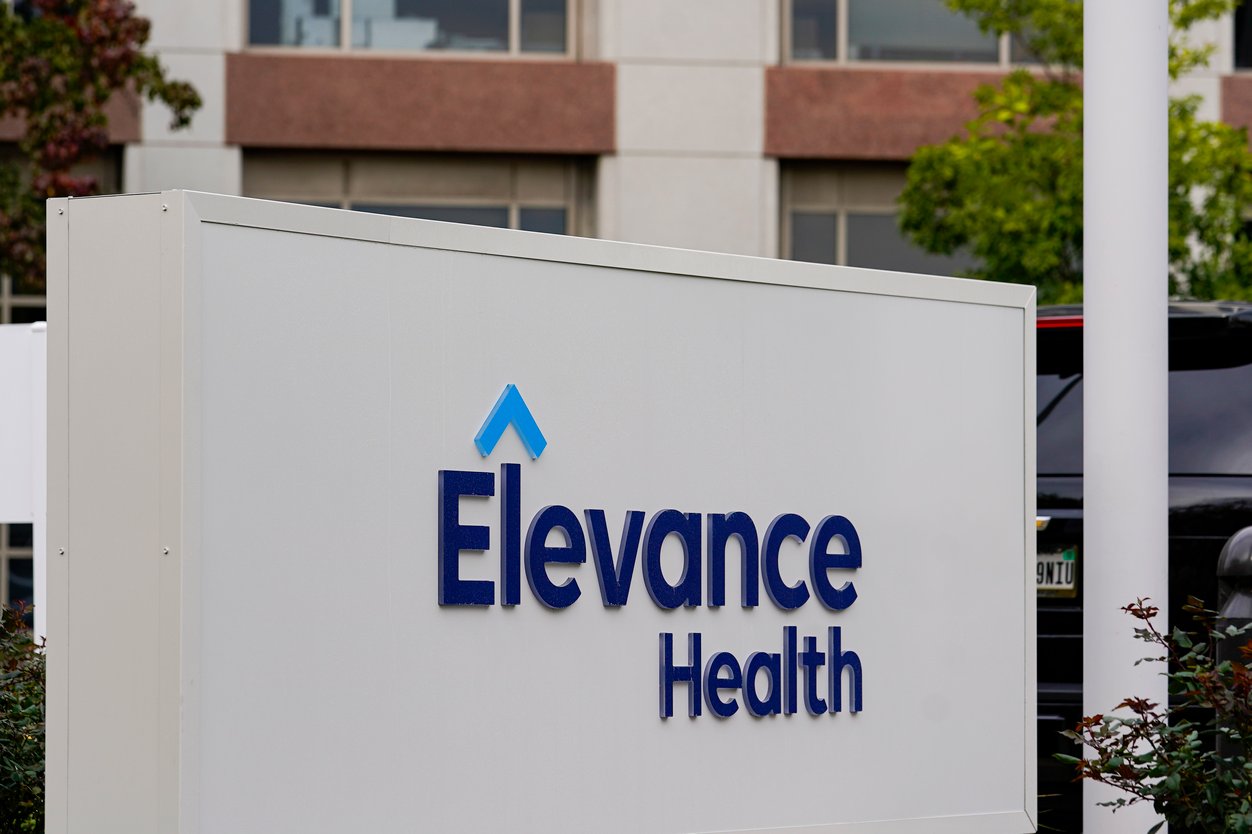insurance
Employers to insurers: See you in court

Michael Conroy/AP
A few years ago, I caught my first glimpse of one of the wildest lawsuits I’d ever seen involving health insurance, and that lawsuit is now making a big comeback.
A woman insured by Mars, the big candy and food manufacturer, alleged in 2015 that the company’s insurer, Aetna, conspired with a subcontractor, UnitedHealth’s Optum, to conceal extra fees within “dummy CPT codes” for the treatment she got from chiropractors and physical therapists. Emails dredged up during discovery indeed showed that Aetna asked Optum to “bury” these fees.
After many years of twists and turns, including an acknowledgment at the Supreme Court, the case hit a new mark last week, when a federal judge opened the case up to thousands of other parties as a class-action. This case is just part of a string of recent lawsuits and judge orders that highlights employers’ frustration with insurers, who they believe are allowing hospitals, doctors, and others to charge flagrantly high prices with little to no pushback — knowing that employers and workers will ultimately pick up the tab.
Read today’s new story, which highlights other recent lawsuits from big employers and unions (including a big one against Elevance Health), and explores whether there are more to come.
M&A
So who’s buying Bright’s MA business?
Back in April, Bright Health Group said it was getting out of health insurance entirely — you know, the business it was founded on. The last step is divesting its Medicare Advantage plans in California, which covered more than 120,000 people as of last month. But we still don’t know how that sale process is going.
Under Bright’s new credit agreement with JPMorgan, Bright must hold weekly conference calls with JPMorgan’s advisers about the sale of its California MA business, and it had to deliver a “draft purchase agreement” to “one or more interested buyers” by no later than May 31 (or later, if JPMorgan OKs it).
Medicare is expected to pay more than $14,000 per year for each Medicare Advantage enrollee this year, meaning this Bright MA business should generate close to $2 billion of revenue. That kind of money doesn’t grow on trees, so presumably this would bring out some interested parties. STAT reached out to Bright twice since that May 31 deadline passed. Each time, the public relations firm representing Bright said the company cannot comment.
hospitals
Smells like site-neutral is cooking
Site-neutral payments — the wonky but incredibly consequential policy in which Medicare would pay hospitals the same, lower rates as physician offices for outpatient services — is garnering more interest in Congress.
Sen. Mike Crapo, the top Republican on the Senate Finance Committee, which oversees Medicare, expressed openness to site-neutral payments in a hearing on consolidation in health care last Thursday, my colleague Rachel Cohrs reports.
“Alignment of payment rates for certain services could provide patients with flexibilities and lower costs, in addition to advancing competition,” Crapo said.
There is a handful of services that are especially primed for cuts if site-neutral happens, which is still a big “if.” The lobbying and consulting shop McDermott+Consulting put out a new analysis highlighting the big ones that would get payment cuts: echocardiograms, X-rays, CT scans, stress tests, PET scans, colonoscopies, and cataract surgery.

